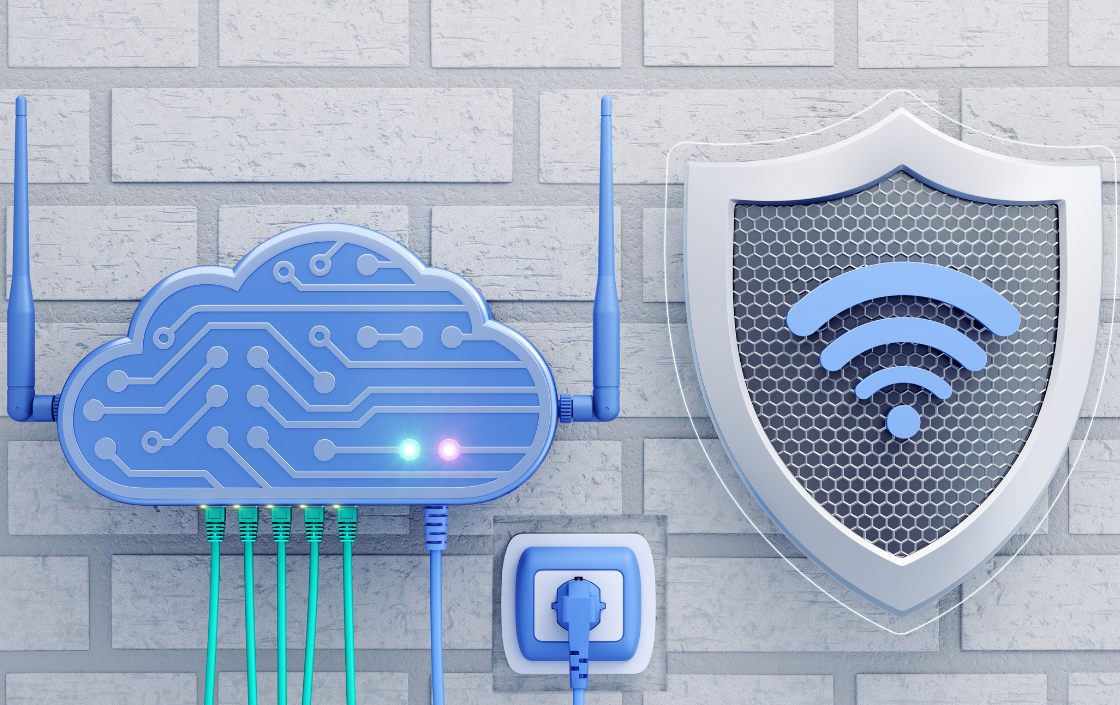In the fast-paced digital landscape of today, where technology evolves at an unprecedented rate, the importance of regular software updates cannot be overstated, especially when it comes to cybersecurity. As businesses and individuals increasingly rely on digital platforms and interconnected systems, the need for a robust defense against cyber threats has become more critical than ever. This article delves into the significance of keeping software up-to-date as a fundamental practice in fortifying cybersecurity.
- Evolving Cyber Threat Landscape:
In a world where cyber threats continually evolve in sophistication and diversity, staying ahead of potential risks is paramount. Cybercriminals are adept at identifying and exploiting vulnerabilities in software, making it essential for developers to respond with regular updates. Each update often includes patches that address newly discovered vulnerabilities, providing a vital line of defense against emerging cyber threats.
- Patching Vulnerabilities:
Software updates, commonly known as patches, play a crucial role in addressing vulnerabilities present in earlier versions. Cyber attackers are opportunistic, targeting security weaknesses to gain unauthorized access or disrupt operations. Regular updates ensure that known vulnerabilities are patched promptly, reducing the window of opportunity for cybercriminals to exploit weaknesses in the system.
- Enhanced Security Features:
Software updates not only address existing vulnerabilities but also introduce new and improved security features. Developers continuously analyze emerging threats and incorporate advanced security measures into their software updates. By staying current with these updates, users benefit from enhanced protection and are better equipped to defend against the latest cyber threats. - Compliance and Legal Requirements:
Many industries are subject to regulatory frameworks and legal requirements concerning data protection and cybersecurity. Regular software updates are often a prerequisite for compliance with these standards. Failing to keep software up-to-date may result in non-compliance, exposing organizations to legal consequences, financial penalties, and reputational damage.
- Safeguarding Personal and Sensitive Information:
Whether it’s personal data, financial information, or confidential business records, safeguarding sensitive information is of utmost importance. Regular software updates contribute to maintaining the integrity and confidentiality of data by closing potential security loopholes and ensuring that protective measures are aligned with current cybersecurity standards.
- Mitigating Exploits and Zero-Day Attacks:
Zero-day vulnerabilities, undiscovered by software vendors, pose a significant threat to cybersecurity. Regular updates help mitigate the risk of zero-day attacks by providing timely fixes as soon as vulnerabilities are identified. This proactive approach is essential in preventing malicious actors from exploiting unknown weaknesses in software.
- Improved System Performance:
Beyond security benefits, software updates often include optimizations and performance enhancements. Keeping software up-to-date ensures that users not only enjoy the latest features but also benefit from improved system performance, which can contribute to a more efficient and responsive computing experience.
Conclusion:
In conclusion, the importance of regular software updates for cybersecurity cannot be overstated. It is a proactive and essential measure that protects against an ever-evolving landscape of cyber threats. By staying vigilant and ensuring that software is up-to-date, individuals and organizations can fortify their defenses, reduce vulnerabilities, and contribute to a more secure digital environment. Embracing a culture of continuous improvement through regular updates is not just a best practice but a necessity in the ongoing battle against cyber threats.






